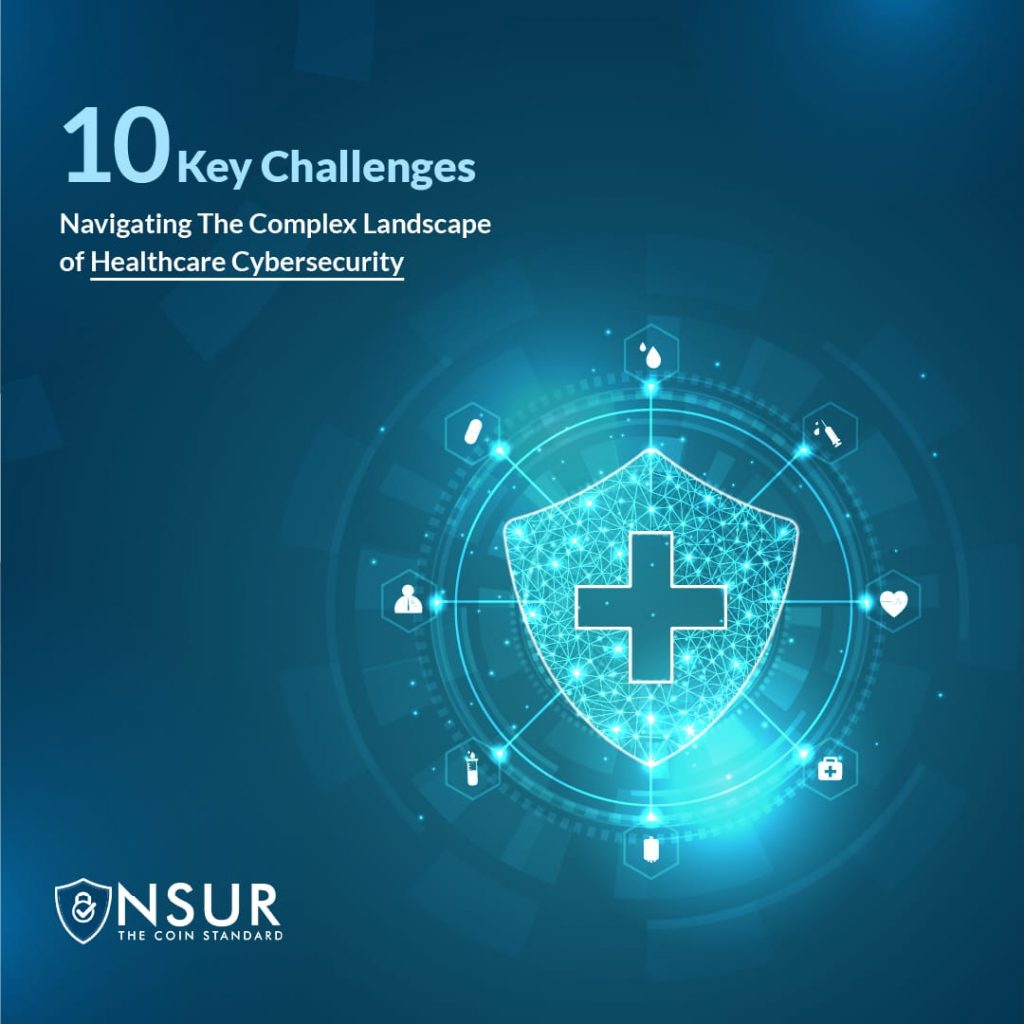
High blood pressure, also known as hypertension, affects millions of people worldwide. If left unmanaged, it can lead to serious health complications. Fortunately, there are effective medications available to help control blood pressure. One such medication is amlodipine, a calcium channel blocker. In this blog post, we will explore the mechanism of action, benefits, potential side effects, and considerations of amlodipine as a treatment for high blood pressure.
Understanding Amlodipine:
Amlodipine belongs to the class of medications known as calcium channel blockers (CCBs). These drugs work by blocking the entry of calcium into the smooth muscle cells of the blood vessels and heart. By doing so, amlodipine helps relax and widen the blood vessels, allowing for better blood flow and reducing blood pressure.
Benefits of Amlodipine:
Effective Blood Pressure Control: Amlodipine has demonstrated its effectiveness in lowering blood pressure in numerous clinical studies. It is often prescribed as a first-line treatment for hypertension due to its proven efficacy.
Reduced Risk of Cardiovascular Events: By controlling blood pressure, amlodipine can help reduce the risk of cardiovascular events such as heart attacks and strokes. Studies have shown that long-term use of amlodipine can lead to significant reductions in these risks.
Suitable for Various Patient Populations: Amlodipine can be prescribed to a wide range of individuals, including older adults, those with diabetes, and patients with kidney disease. It is generally well-tolerated and can be used as a monotherapy or in combination with other blood pressure medications.
Potential Side Effects:
While amlodipine is generally well-tolerated, like any medication, it may cause certain side effects in some individuals. Common side effects include:
Flushing and Dizziness: Some people may experience flushing (redness of the skin) and dizziness, especially during the initial phase of treatment. These symptoms typically subside as the body adjusts to the medication.
Peripheral Edema: Amlodipine can cause peripheral edema, which is the swelling of the hands, feet, or ankles. This occurs due to the medication’s vasodilatory effects. It is usually mild and temporary but should be monitored by a healthcare professional.
Other Side Effects: In rare cases, amlodipine may lead to headache, nausea, fatigue, or palpitations. If you experience any unusual or severe symptoms, it is important to consult your healthcare provider.
Considerations and Precautions:
Before starting amlodipine or any blood pressure medication, it is crucial to consult with a healthcare professional. They will evaluate your medical history, conduct necessary tests, and determine the appropriate dosage. It is essential to adhere to the prescribed dosage and follow-up with regular check-ups to monitor your blood pressure and any potential side effects.
Take advantage of NSURx for your prescription drugs!
With the NSURx Prescription Benefit Card, you can save money on your medications at more than 35,000 pharmacies across the United States.
You can save up to 80% on your medication by using an NSURx card. Hundreds of dollars in savings could be yours every time you fill out your prescription.
The more you shop with NSURx, the more NSUR Coins you will receive as a reward.
Amlodipine, a calcium channel blocker, is a widely prescribed medication for controlling high blood pressure. Its effectiveness, cardiovascular benefits, and tolerability make it a valuable tool in hypertension management. However, it is important to work closely with a healthcare professional to ensure proper usage and monitor any potential side effects. By doing so, you can take an active role in managing your blood pressure and reducing the risk of related complications.
References:
- Mayo Clinic. (2021). Amlodipine (Oral Route). Retrieved from https://www.mayoclinic.org/drugs-supplements/amlodipine-oral-route/description/drg-20061101
- National Health Service (NHS). (2019). Amlodipine. Retrieved from https://www.nhs.uk/medicines/amlodipine/
- American Heart Association. (2020). High Blood Pressure Medications. Retrieved from https://www.heart.org/en/health-topics/high-blood-pressure/changes-you-can-make-to-manage-high-blood-pressure/types-of-blood-pressure-medications
Disclaimer
This blog post is intended for informational purposes only and should not be considered a substitute for professional medical advice. Always consult with a qualified healthcare provider for personalized recommendations and guidance.











